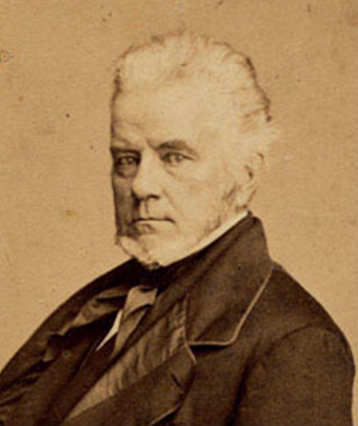Introduction
In 1719, English poet and clergyman Isaac Watts (1674–1748) wrote the words to this hymn, based loosely on Psalm 98 (“Make a joyful noise to the Lord, all the earth; break forth into joyous song and sing praises”). The psalm looks forward to the day when the Lord will come to judge the world in righteousness. The hymn was sung to various tunes for many years. Then in 1836, Lowell Mason, the leading Presbyterian hymn composer in the United States (1792–1872), set the words to the music we now associate with “Joy to the World.” The song is sometimes erroneously attributed to Handel, from whose “Messiah” Mason borrowed (a debt he acknowledged in his 1839 publication of the song).
What mood does this song evoke? Knowing that the lyrics to this song were originally intended to praise the Second Coming of Christ, not his birth, why do you think it has become associated with Christmas? How does singing this song make you feel?



Post a Comment